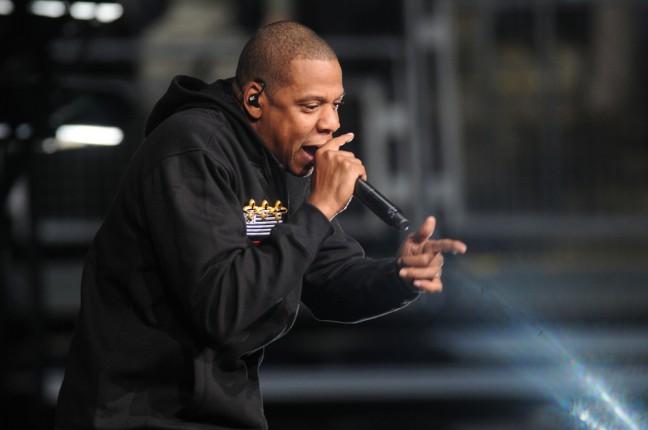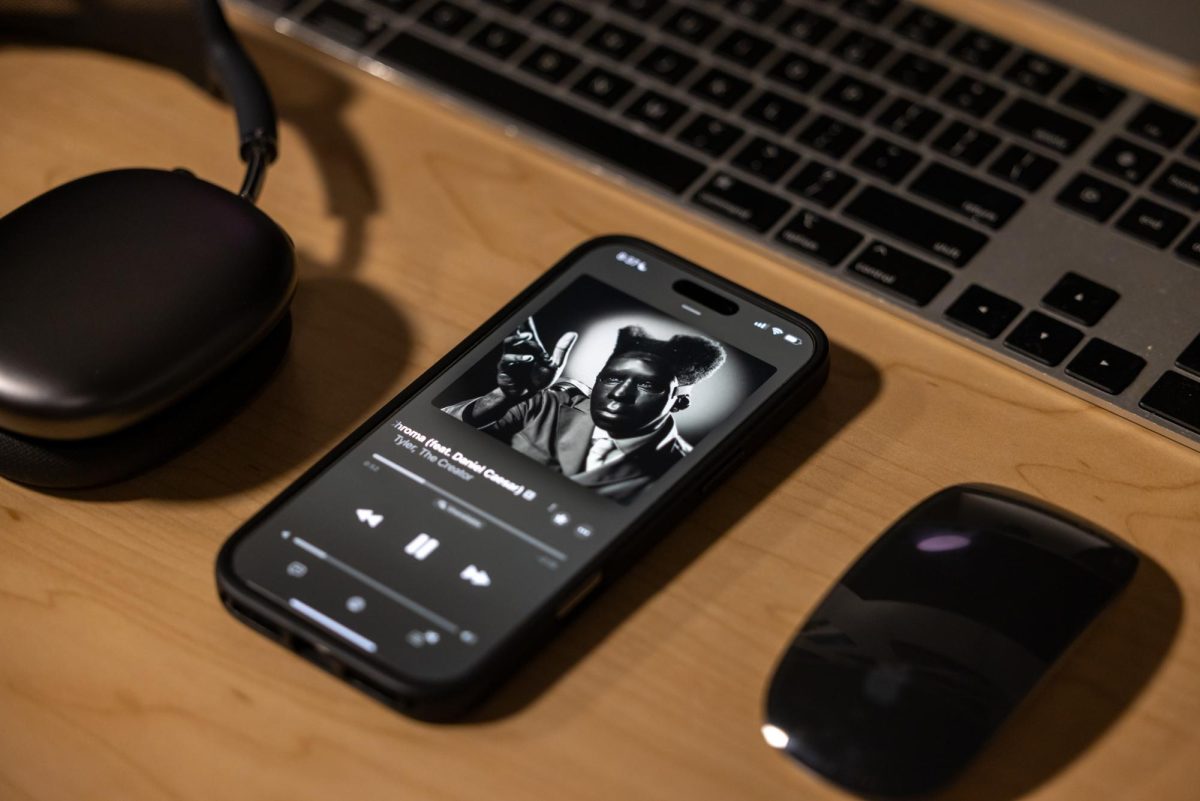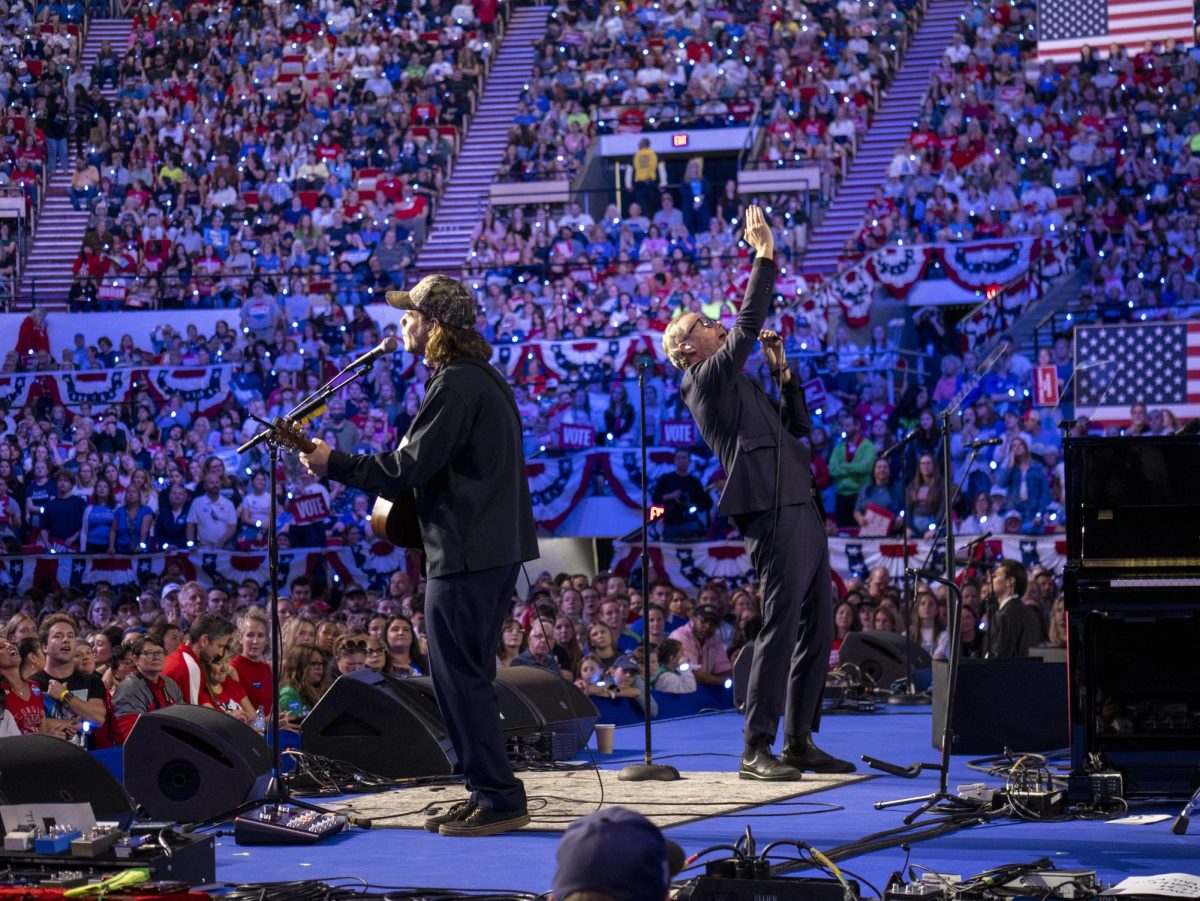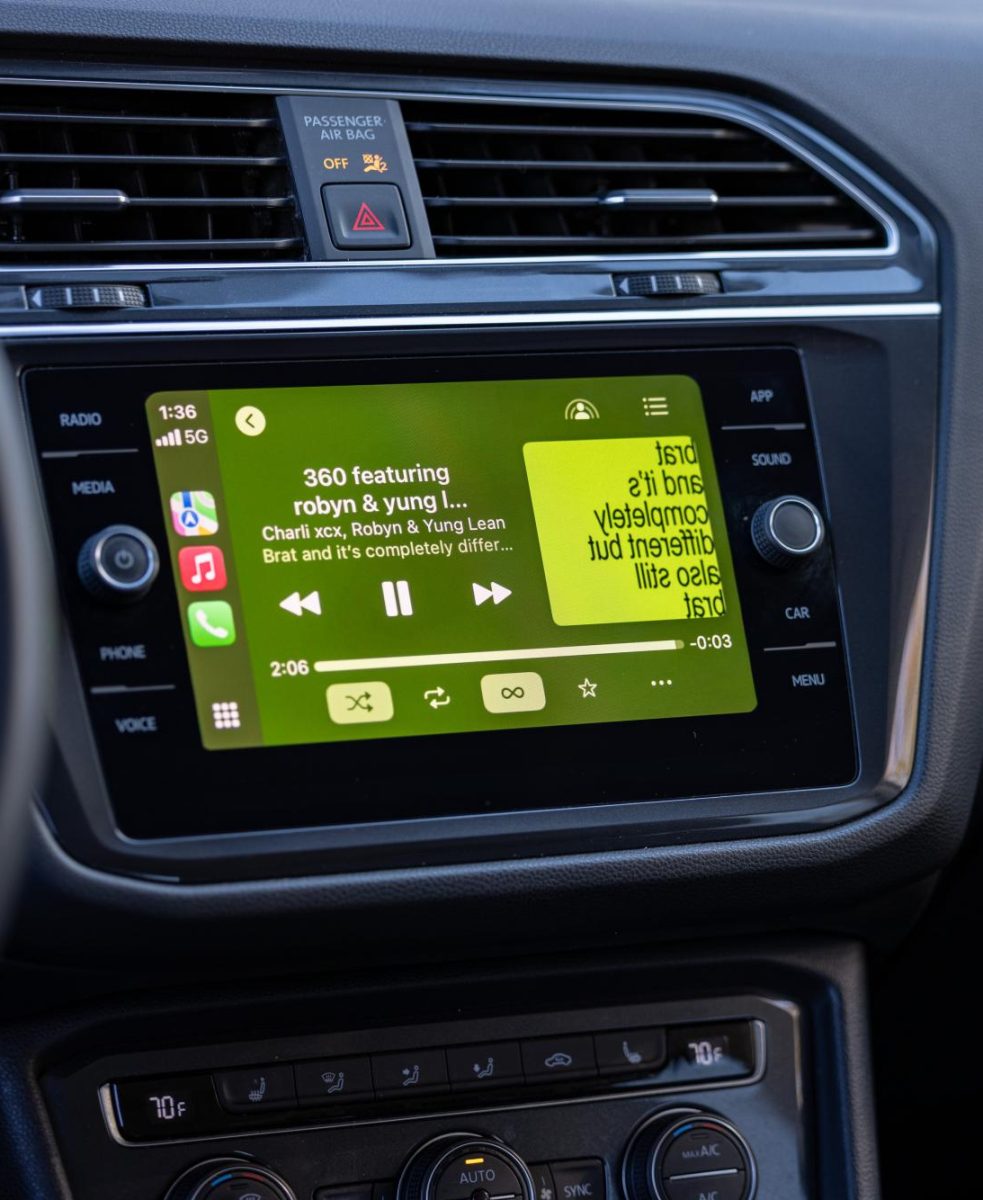In your car, in your house and even clandestinely in class, streaming services have changed the way we listen to music. But not everyone is pleased with the music market’s speedy — and often free-of-charge — evolution.
Jay-Z is embarking on yet another business venture, taking over the Swedish music streaming outfit Tidal along with a slew of A-list musicians, including Beyonce, Rihanna, Kanye West and Madonna, among others. The high-fidelity streaming service’s intention is to pay higher royalties to musicians, producers and songwriters, taking aim at the popular streaming services Spotify and Pandora.
Although the team spearheading Tidal’s rebranding is star-studded, the company has had a hard time persuading users to buy into its pay-only listening service. The team’s relative success has also garnered criticism, claiming Tidal is just another business project Jay-Z and company are using to line their already full pockets. Even Mumford and Sons blasted the Tidal crew last week, calling them “new school fucking plutocrats.”
Tidal’s critics may have a point, but the problem certainly isn’t Jay-Z playing his capitalist game, it’s the underpayment of artists. Remember the hit song “Wake Me Up” by Avicii? Aloe Blacc, a vocal supporter of reform in the music industry, co-wrote the song and as of November 2014, he’s received only $4,000 domestically from Pandora, which spun the song more than 168 million times since its release. If “Wake Me Up” was one of the most commercially successful songs of 2013, then imagine what songwriters of lesser-known tracks receive for their work.
Spotify has 15 million paid subscribers, but they only make up 25 percent of Spotify’s total users, a figure which has held steady since the streaming service’s launch. The other 75 percent of users enjoy their music free of charge, with interrupting advertisements being the only caveat. Spotify has claimed it paid more than $2 billion in royalties since 2008, but the figure would be much higher if the company was able to increase its share of paid subscribers.
Tidal looks to sidestep this by eliminating the free tier from its service. The base cost for subscribing to the service is $9.99 a month, the same rate as a subscription to Spotify’s paid tier. If listeners want to experience Tidal’s high-fidelity uncompressed files, the user must pay $19.99 a month. Jay-Z and his business partner Vania Schlogel told The Fader Tidal’s aim is to see a higher percentage of streaming revenues reach the pockets of artists and their creative partners at the studio. The rapper claimed with a free tier, five paid subscribers out of 10 listeners to a song would put the artist at negative five. But on pay-only Tidal, the artist always starts at one.
But despite his seemingly earnest intentions, Jay-Z seems like an unlikely Robin Hood for producers, songwriters and musicians. The artist has become quite wealthy since the debut of his first album Reasonable Doubt in 1996, accumulating a net-worth of $560 million. However, Jay-Z often reminisces about the days when he’d sell his first albums out of his trunk on the streets of Brooklyn, attempting to show solidarity with artists who may be in the same boat today.
All of this is well and good, but Tidal will most likely fail. The music streaming service has already fell below the top-700 apps in the Apple Store. Why is the A-List artists’ streaming venture flopping so badly? Two reasons: online music streaming is a market where business models go to die, and many music consumers do not believe they ought to pay for music online. Tidal was not the first outfit to challenge Spotify; Daytrotter and Beats Music are among those who have also dived into the market, but like many streaming services they fail to surface. And even though downloads are down considerably since streaming became a major player in the industry, the culture of torrenting and listening to music for free has not gone away.
However, Tidal has accomplished something. It has brought a problem that has been ravaging the music industry to the forefront: the swindling of money from artists. Although many believe the company can’t deliver on its promise to pay artists a heftier sum, its mantra is something worth fighting for. Many people who work behind the artists who take the stage make their livelihoods from producing and writing the hits we love.
Recorded music is an art form which takes a considerable amount of time and money to create, so we should not only pay for it, but pay a fair price. Anything else falls under the definition of theft.














